Pool season might be over, but hot tub season is just beginning. Few things are as soothing as slipping into a warm, bubbling spa after a long day. But one of the frustrations of having a standalone hot tub or built-in spa area with an inground pool is how long it takes to get it to temperature. Picking the spa heater size for your hot tub is simpler than you might think.
In this article, we’ll show you how to pick the correct spa heater for your application and help you determine what type is best for you.
Electric Spa Heaters
Electric element heaters are the most common type of spa and hot tub heating used in America. The electric heater’s compact size means it can fit into most equipment pads. But when heating your water, these super compact units punch well above their weight.

Hayward Gas Heaters
Heat your pool with a Hayward Universal H-Series Heater
- Cupro Nickel Heat Exchangers
- Low NOx Emissions
- Propane & Natural Gas Options
Electric Heater Advantages
- Compact
- No gas required
Electric Heater Disadvantages
- Operational costs – Electricity is not cheap; electric heaters burn through it as quickly as they can get it.
- Modifications to your breaker box and/or circuitry will be required for larger heater kW output.
Recommended Models
- Raypak E3T Digital Heaters – 18kW & 27 kW Options Available
- HydroQuip HeatMax RHS Heaters
| Spa Size in Gallons | 5.5kW | 11kW | 18kW | 27kW |
|---|---|---|---|---|
| 300 | Normal | Normal | Rapid | Rapid |
| 400 | Slow | Normal | Rapid | Rapid |
| 500 | Slow | Normal | Normal | Rapid |
| 600 | Not Recommended | Slow | Normal | Rapid |
| 700 | Not Recommended | Slow | Normal | Rapid |
| 800 | Not Recommended | Slow | Slow | Normal |
| 900 | Not Recommended | Slow | Slow | Normal |
| 1,000 | Not Recommended | Not Recommended | Slow | Normal |
| 1,200 | Not Recommended | Not Recommended | Not Recommended | Normal |
| 1,400 | Not Recommended | Not Recommended | Not Recommended | Slow |
| 1,600 | Not Recommended | Not Recommended | Not Recommended | Slow |
| 1,800 | Not Recommended | Not Recommended | Not Recommended | Not Recommended |
| 2,000 | Not Recommended | Not Recommended | Not Recommended | Not Recommended |
Normal – 11° – 25° Fahrenheit Rise Per Hour
Rapid – 26° – 50° Fahrenheit Rise Per Hour
Above Ground Pool Gas Pool Heaters
If you’re in an area where Natural Gas or Liquid Petroleum (propane) is cheaper than electricity, an above-ground pool heater might be the best choice
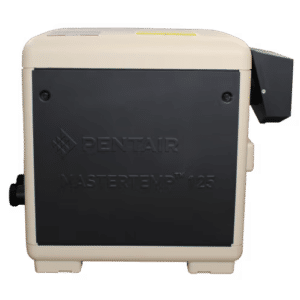
Advantages
- Higher BTU output than electric heaters
- Heats quicker
- Great for larger spas or small wading pools
- More compact than inground pool heaters
Disadvantages
- Requires Gas: natural gas heaters must be plumbed into local gas lines, and propane heaters require a large propane tank.
- Above ground pool heaters are more expensive than most electric heaters.
Recommended Models
- Pentair MasterTemp 125,000 BTU – Natural Gas Version / Propane Version
- Raypak Above Ground Pool Heater 106A – 156A
| Spa Size in Gallons | 106,000 BTU | 125,000 BTU | 156,000 BTU |
|---|---|---|---|
| 400 | Rapid | Rapid | Rapid |
| 500 | Rapid | Rapid | Rapid |
| 600 | Normal | Rapid | Rapid |
| 700 | Normal | Rapid | Rapid |
| 800 | Normal | Normal | Rapid |
| 900 | Normal | Normal | Normal |
| 1,000 | Normal | Normal | Normal |
| 1,200 | Slow | Normal | Normal |
| 1,400 | Slow | Normal | Normal |
| 1,600 | Slow | Slow | Normal |
| 1,800 | Slow | Slow | Slow |
| 2,000 | Slow | Slow | Slow |
Normal – 11° – 25° Fahrenheit Rise Per Hour
Rapid – 26° – 50° Fahrenheit Rise Per Hour
Inground Pool Heaters
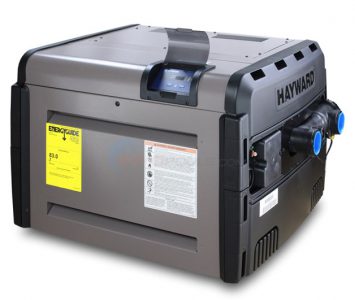
By far the quickest spa heating option, inground pool heaters are best for owners of large party spas or those who want to heat their pool.
Advantages
- Immediate Heat: gets the water to the desired temperature the fastest
- Great for heating your whole pool as well as the spa
Disadvantages
- More expensive option
- Requires larger natural gas lines or propane tank
- Overkill for most spa sizes
- Should only be used on inground / spas
Recommended Models
- Raypak RP2100 Series
- Raypak AVIA Gas Pool Heater Low NOx WiFi Ready
- Hayward Universal H-Series Heater, Low NOx
- Pentair MasterTemp Pool Heater
| Spa Size in Gallons | 250,000 BTU | 330,000 BTU | 400,000 BTU |
|---|---|---|---|
| 400 | Rapid | Rapid | Rapid |
| 500 | Rapid | Rapid | Rapid |
| 600 | Rapid | Rapid | Rapid |
| 700 | Rapid | Rapid | Rapid |
| 800 | Rapid | Rapid | Rapid |
| 900 | Rapid | Rapid | Rapid |
| 1000 | Rapid | Rapid | Rapid |
| 1,200 | Normal | Rapid | Rapid |
| 1,400 | Normal | Rapid | Rapid |
| 1,600 | Normal | Rapid | Rapid |
| 1,800 | Normal | Normal | Rapid |
| 2,000 | Slow | Normal | Rapid |
| 2,200 | Slow | Normal | Normal |
| 2,400 | Slow | Slow | Normal |
| 2,600 | Slow | Slow | Normal |
Normal – 11° – 25° Fahrenheit Rise Per Hour
Rapid – 26° – 50° Fahrenheit Rise Per Hour
Still have some spa heater questions? Leave a comment down below or speak to one of our tech over at INYOPools.com.

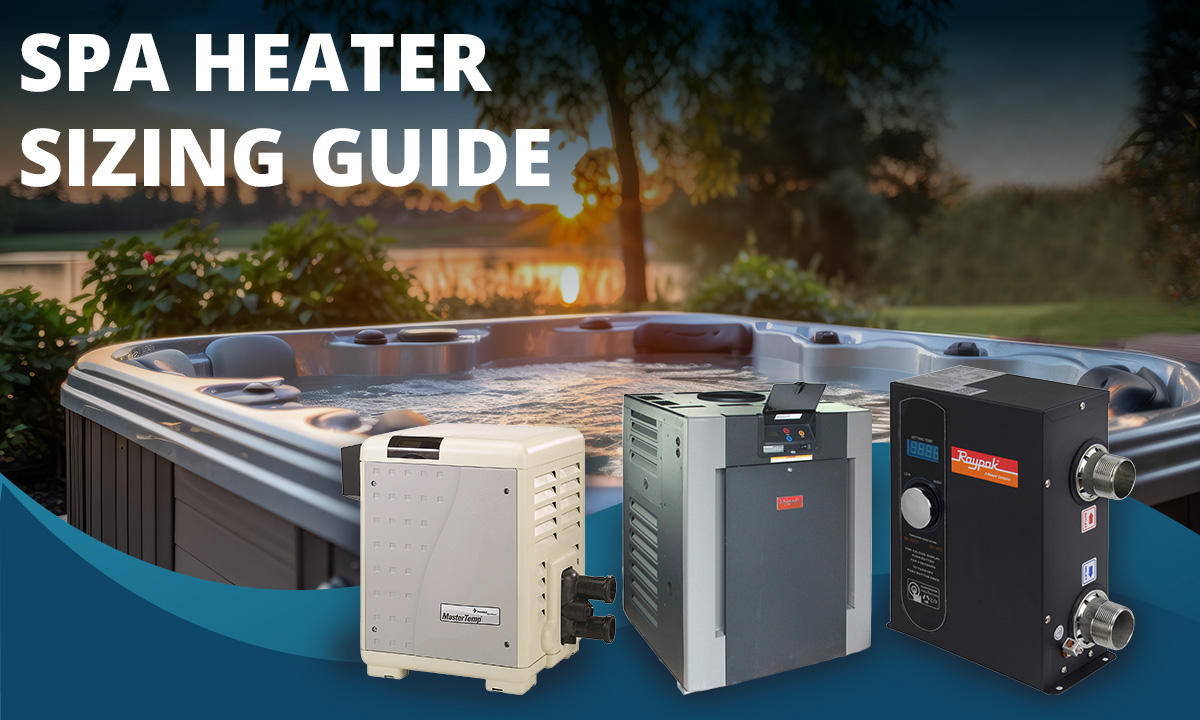

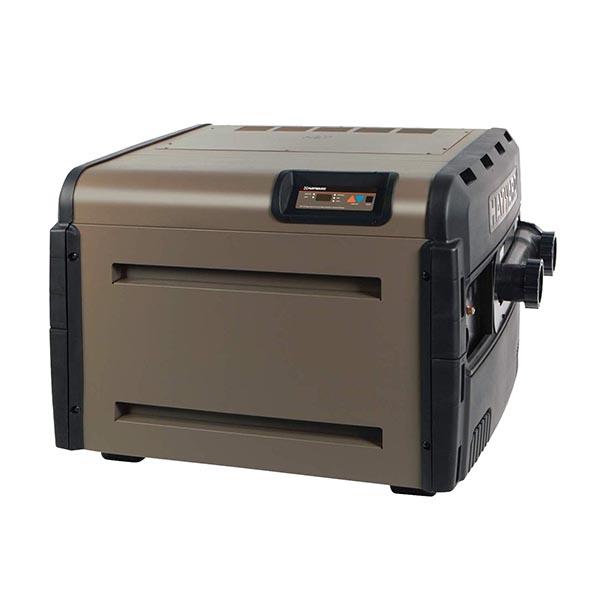


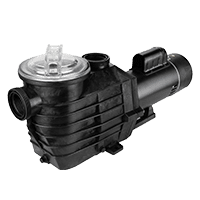
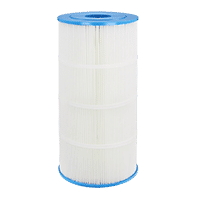
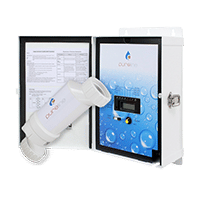
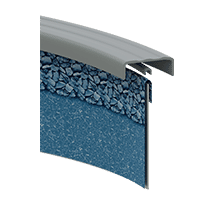
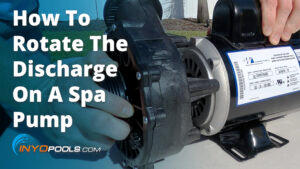

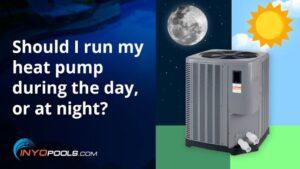
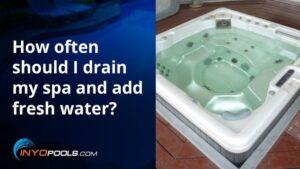
Leave a Reply